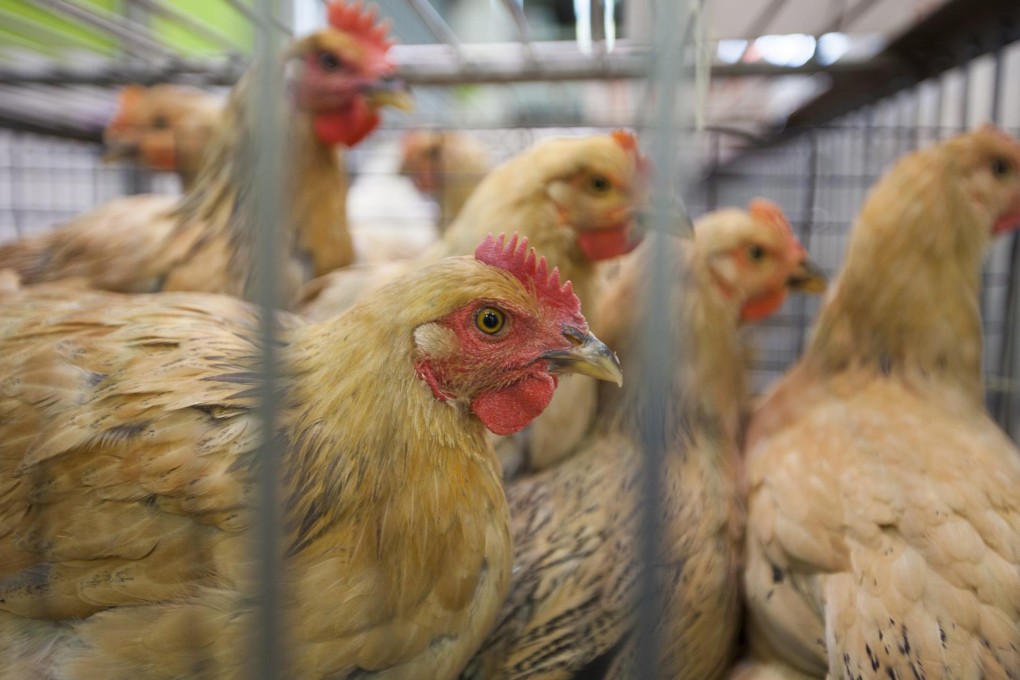
Avian influenza virus H7N9 has not yet acquired the changes needed to infect humans easily, says a study published last week in the journal . The virus has killed 45 people on the mainland since April, the World Health Organisation says. Scientists from The Scripps Research Institute in California analysed samples from the Chinese outbreak in two experiments, and found contacts made with human-type receptors were weak. But they say the virus should be observed for changes that would make it more likely to spread in humans.
A Stanford University study has pinpointed a brain region which, when stimulated, could evoke a person's will to persevere. The study, published in , involved two epileptics who had electrodes implanted in their anterior midcingulate cortex, a brain region thought to be involved in emotions, pain and decision making. Both described feeling the expectation of an imminent challenge coupled with a determined attitude to surmount it.
A low level of daily exposure to a common component of sunlight can damage skin at after just a few days, a study in shows. Ultraviolet A1 light makes up most of our UV light exposure during the day and is found in tanning bed lights, yet few sunscreens protect against it, say researchers from the University of Michigan. After just two exposures, skin cells started making collagen-destroying molecules that causes premature skin ageing.

